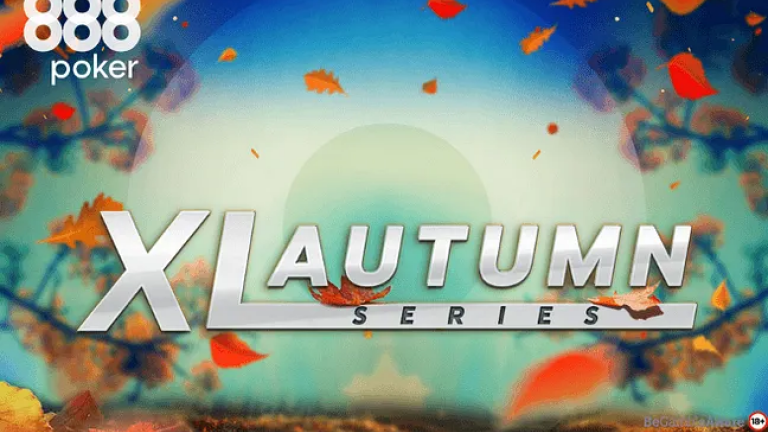
Following the Black Friday of online poker, US players were excluded from the online poker field, leading to a massive reduction in the traffic of most rooms and the market in general; PokerStars lost 21%, Ongame lost 25% and iPoker lost 32% of their traffic in the past year, for an average of 22% overall. With the return of FTP, PokerStars might well be able to eliminate its losses completely.
Prior to shutting down Full Tilt, PS owned 32% of the online poker market while FTP had a 15% share. Despite the overall drop in player numbers, PokerStars’ share increased after that, as many FTP players, as well as grinders from other rooms, migrated to their tables. Currently, PokerStars.com alone owns 42% percent of the market and 50% in total, taking the regulated markets into consideration.

Even though the potential future traffic of FTP is still in question, the room arguably has the best software around and PokerStars can help restore the shaken trust in the room. Add the exceptional promotions possibly offered upon the restart and it would all count toward a strong opening, maybe even regaining its former second position. While many PS players might switch to FTP, this would only be a virtual loss, and several players are likely to be able to be lured over from different networks as well, also strengthening the PokerStars (+ FTP) dominance.
An edge of this size is bound to have a major effect on online poker, although its nature is still uncertain. It might bring about a clear, straightforward market and the amount of money returning to the flow of online poker is a definite gain for the industry. On the other hand, rivals might face a hard time; for instance, bwin.party shares dropped by 10% on the announcement of the successful acquisition, due to the fact that the settlement states both PokerStars and FTP can acquire licences, once market in the USA is legalised.
PartyPoker used to be the market leader company but apparently made a strategic mistake when, following the passing of the Unlawful Internet Gambling Enforcement Act (UIGEA) in 2006, they left the US market and paid $105 million as compensation for the US government. PokerStars and FTP, however, continued to accept US players until as late as 15 April, 2011, leaving PartyPoker far behind. PartyPoker, merging with Bwin in the meantime, expected PokerStars to be excluded from the legalised US market due to its “unlawful” behaviour, allowing bwin.party to regain room on the market – expectations now gone.
The huge advantage of PokerStars-FTP includes the possibility of small rooms going bankrupt and potential challengers falling behind, leading to a monopolistic market. This option is unlikely to serve players’ interests in the long run; therefore, the existence of a strong rival seems to be vital in this situation. Many see Zynga, an aspiring actor in a future market, as a potential challenger, but the company’s real opportunities are as yet unclear.
What do you think of the future of the online poker market? Share your opinion in the comments below.















0 comments